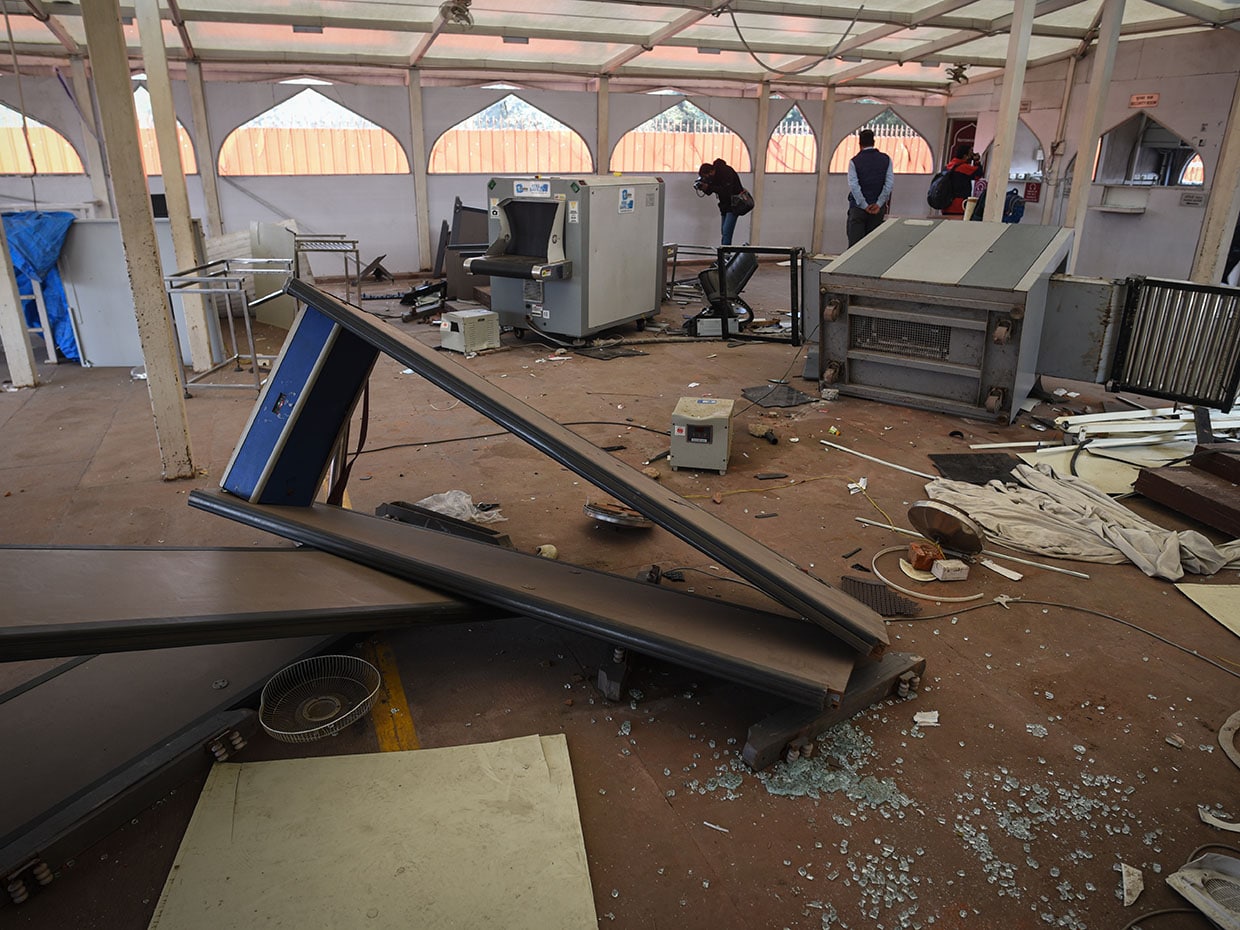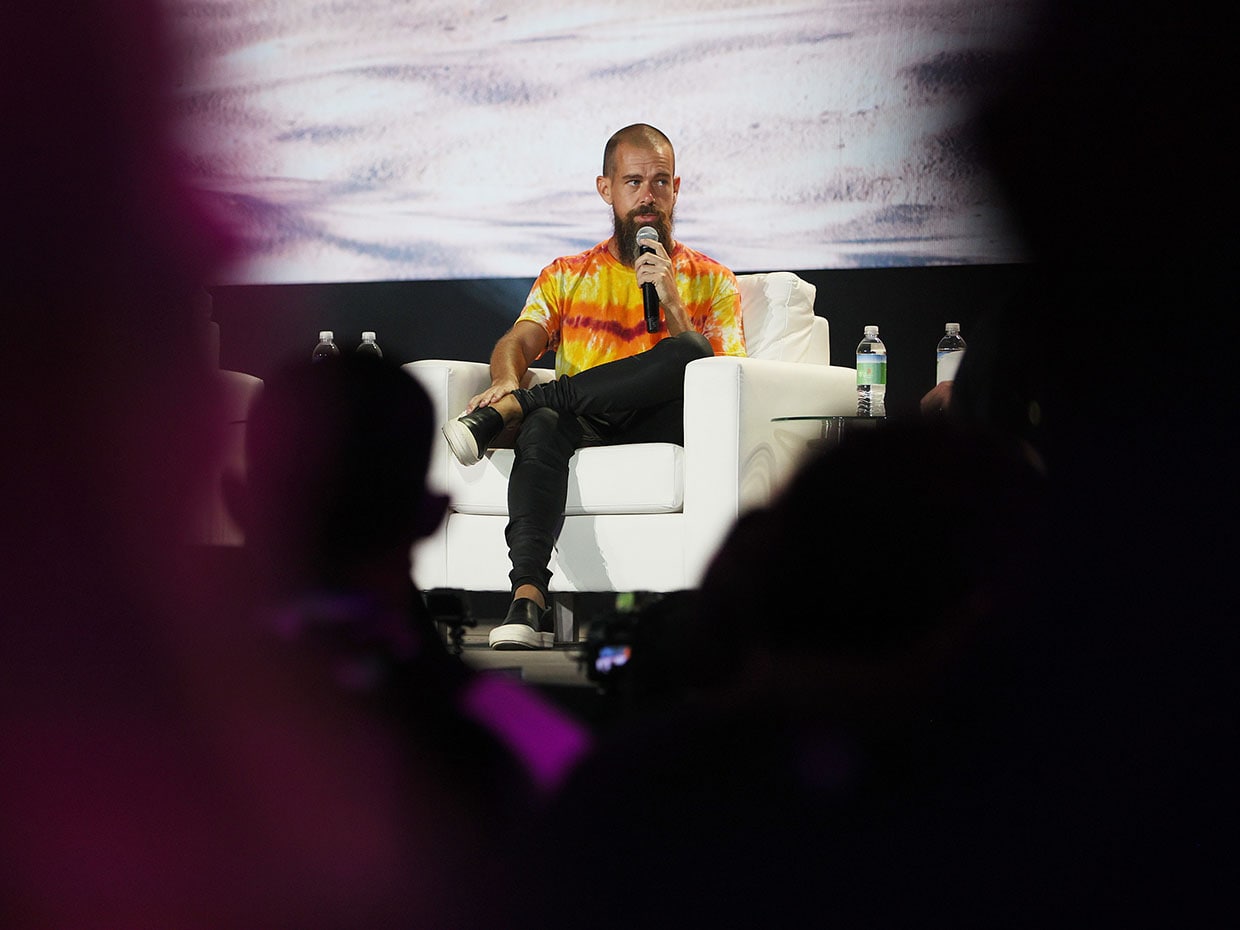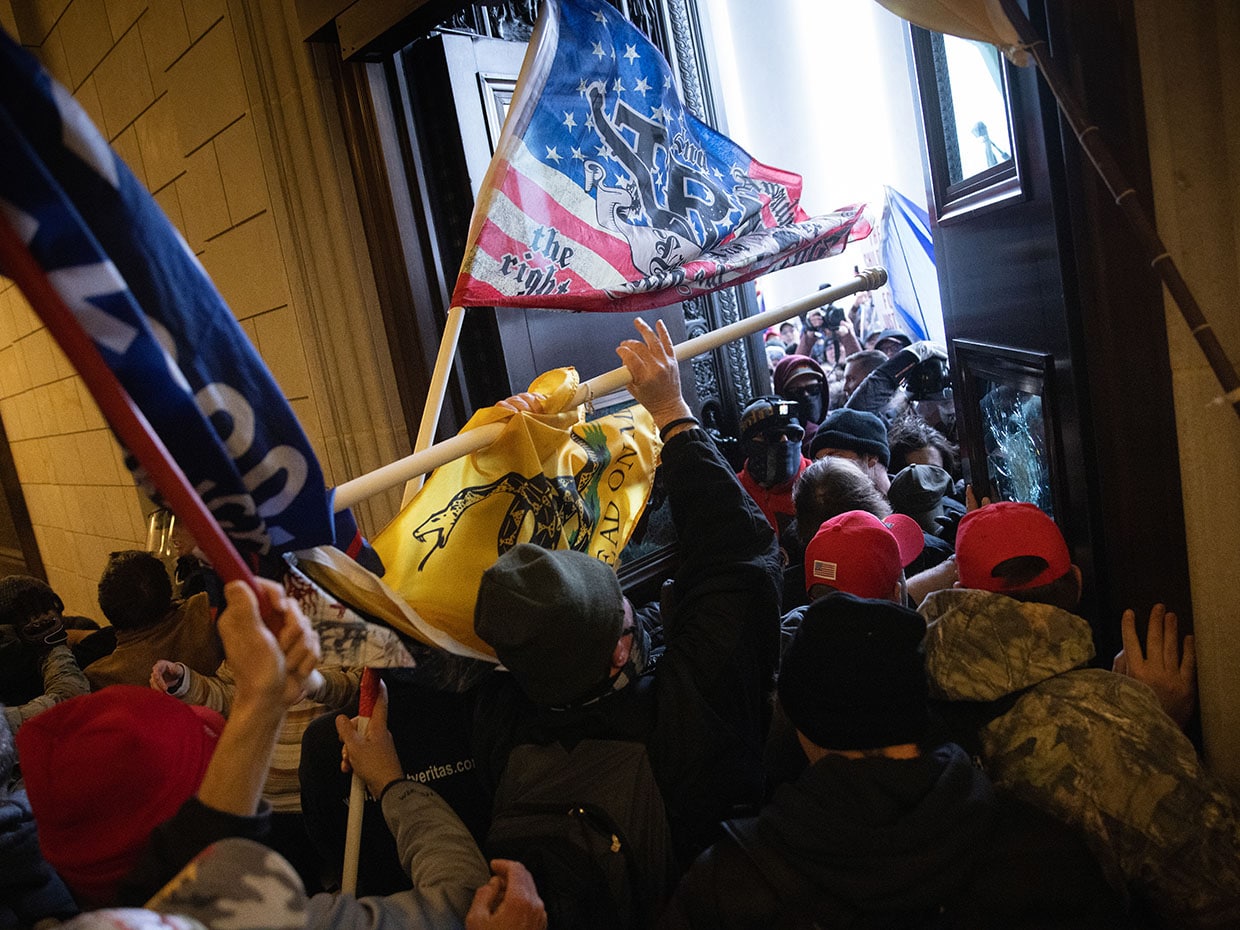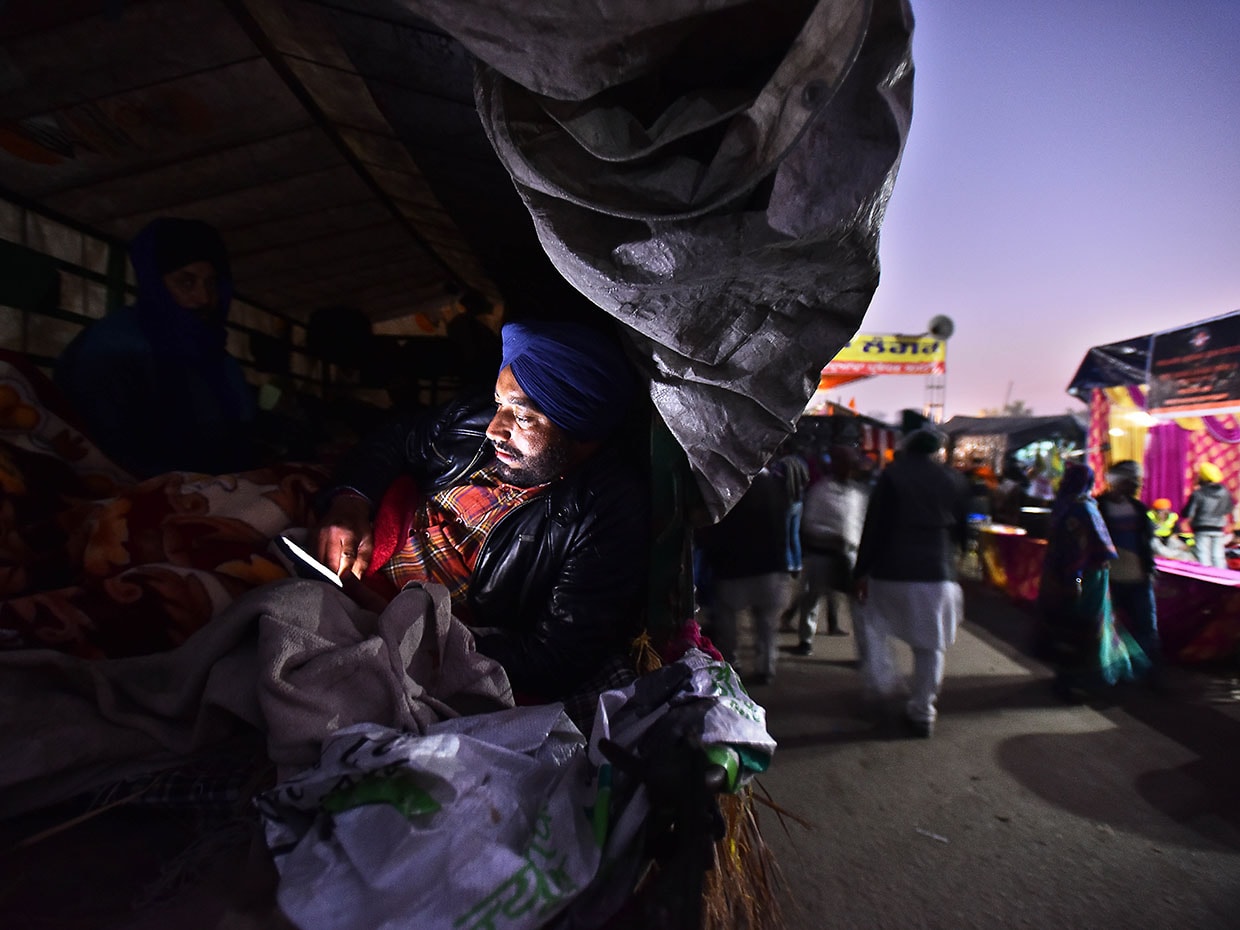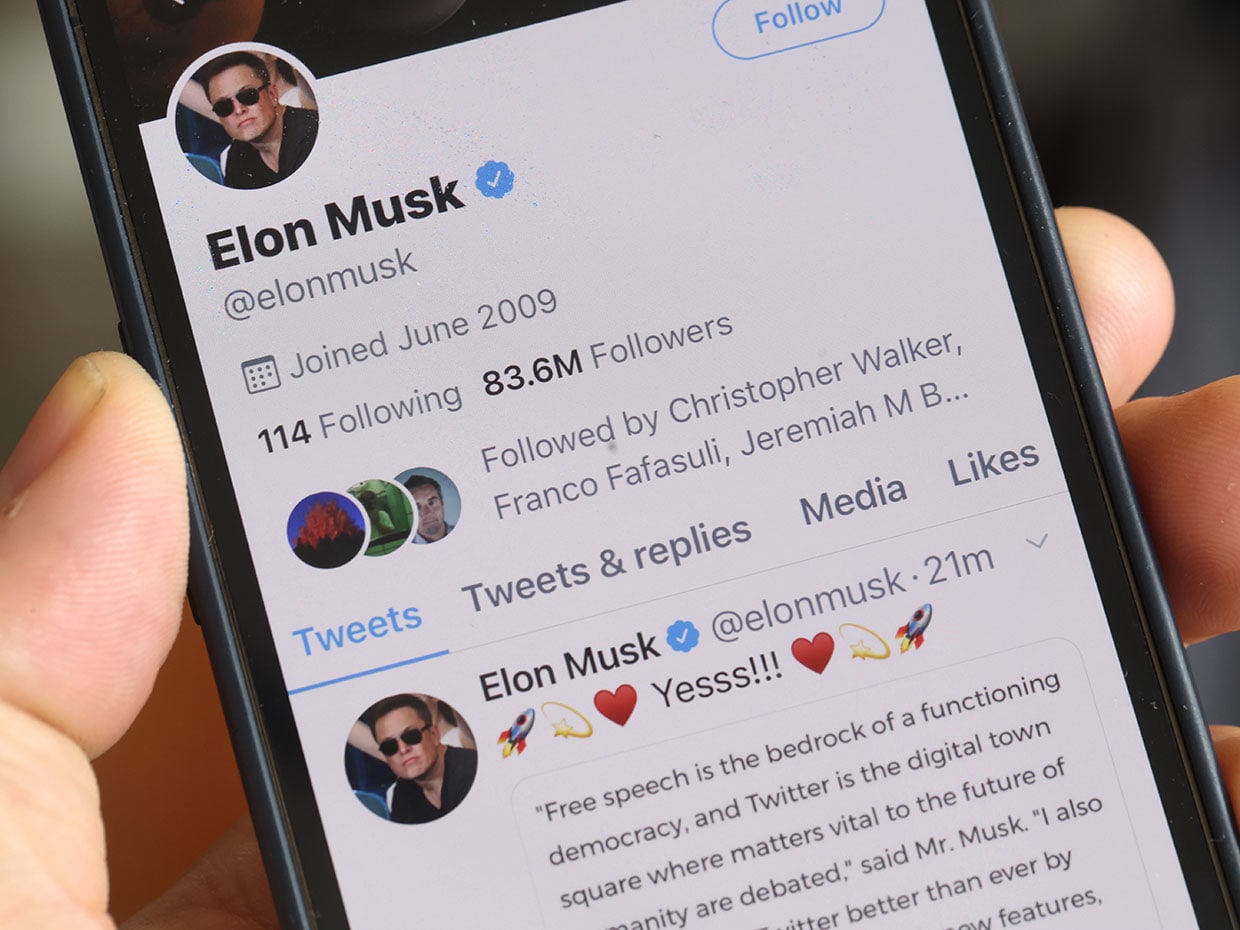
How the Big Tech vs State tussle reared its head in the Indian farmers' protest
The delicate and contentious middle ground between compliance with the law of the land and freedom of speech will be a hard one to traverse
The long-drawn, now historic farmer protests that laid siege to the country’s capital and the pivoting role played by Twitter in the making and dissemination of the protest news on its platform had caused the Indian government to issue takedown orders of many accounts that spread misinformation triggered by fake news like reports of genocide.
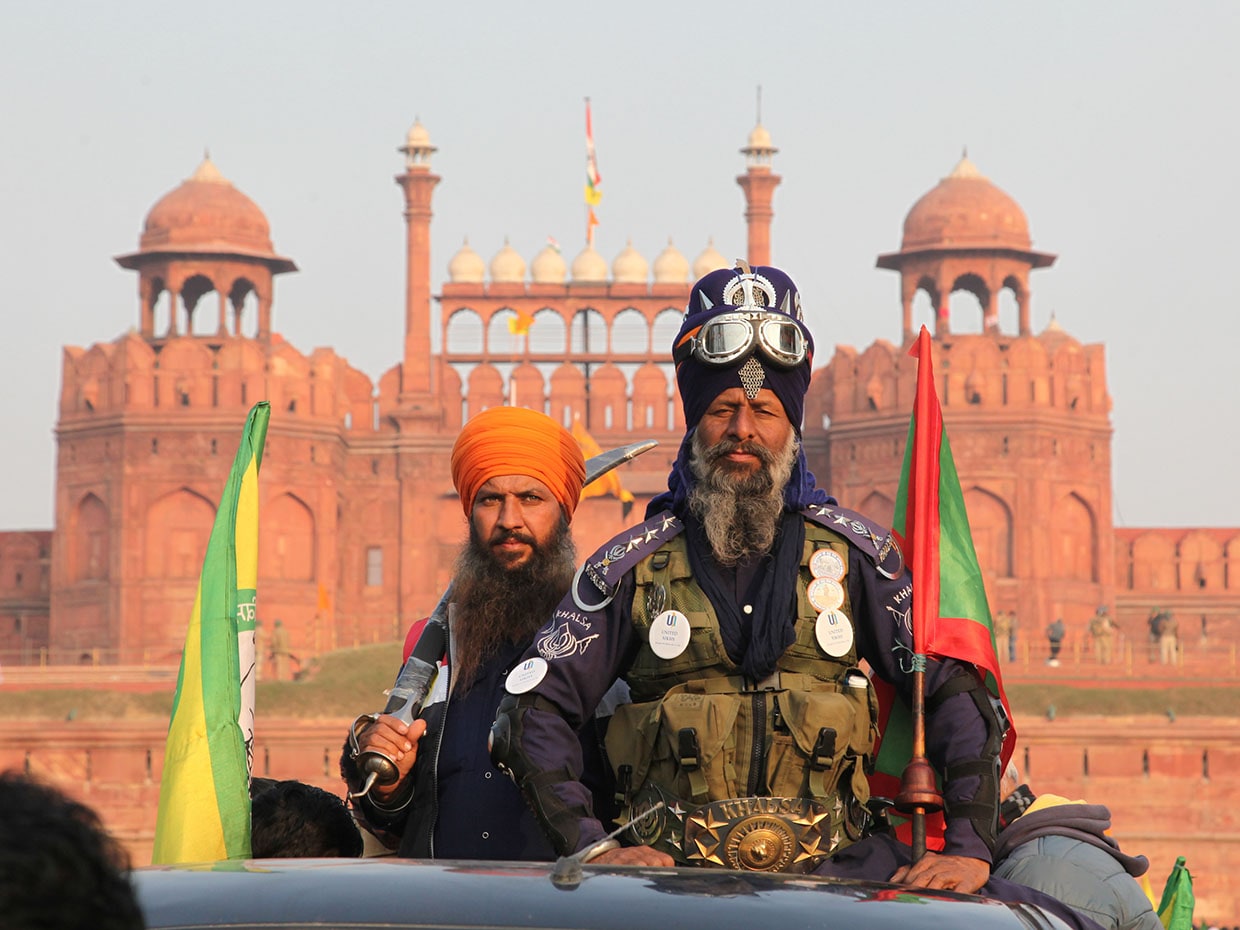 Image: Pallava Bagla/Corbis via Getty Images
Image: Pallava Bagla/Corbis via Getty Images
Agitators and farmers storm the iconic Red Fort during Republic Day and hoist flags from the ramparts—where traditionally India's Prime Minister hoists the national flag on Independence Day—to protest over new farming laws on January 26, 2021, in New Delhi, India. Twitter was reluctant to take action against accounts on their platform endorsing and glorifying the Republic Day assault on Delhi’s Red Fort by a group claiming to be supporters of farmers. India is a key market for the micro-blogging platform, where it has estimated 23.6 million users.
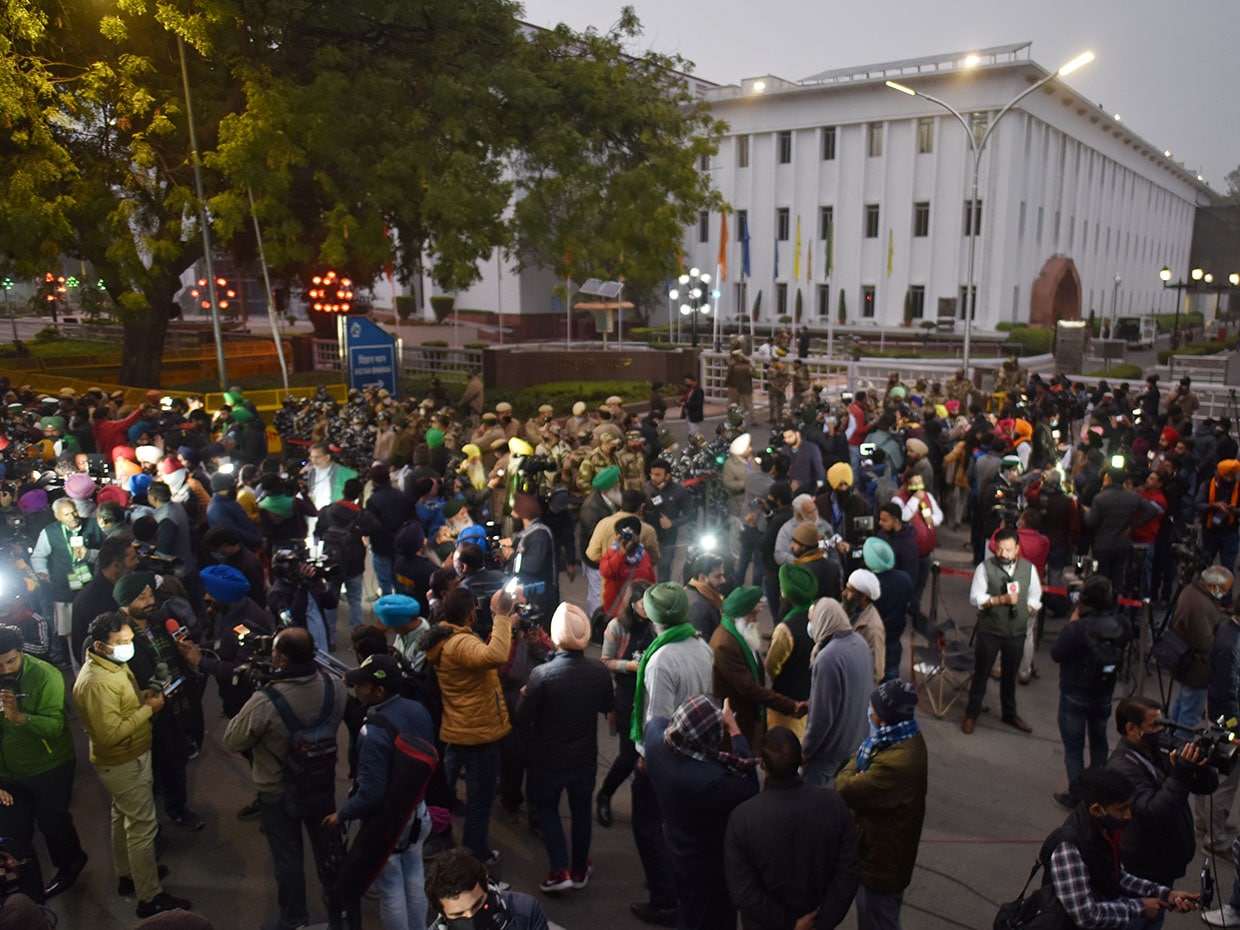 Image: Sanchit Khanna/H T via Getty Images
Image: Sanchit Khanna/H T via Getty Images
Leaders of various farmer unions speaking to media after exiting from talks with the Centre over new farm laws at Vigyan Bhawan on January 8, 2021, in New Delhi, India. The centre had asked Twitter to take down accounts with alleged Khalistan links and remove misinformation based on fake news from the platform because it had the potential to inflame the protests further. Twitter responded by blocking some of the accounts but later unblocked them, saying they can’t restrict accounts belonging to activists, journalists and politicians, citing freedom of speech, which irked the IT ministry.
Also read: Who is Linda Yaccarino, newly appointed CEO of Elon Musk's Twitter?
